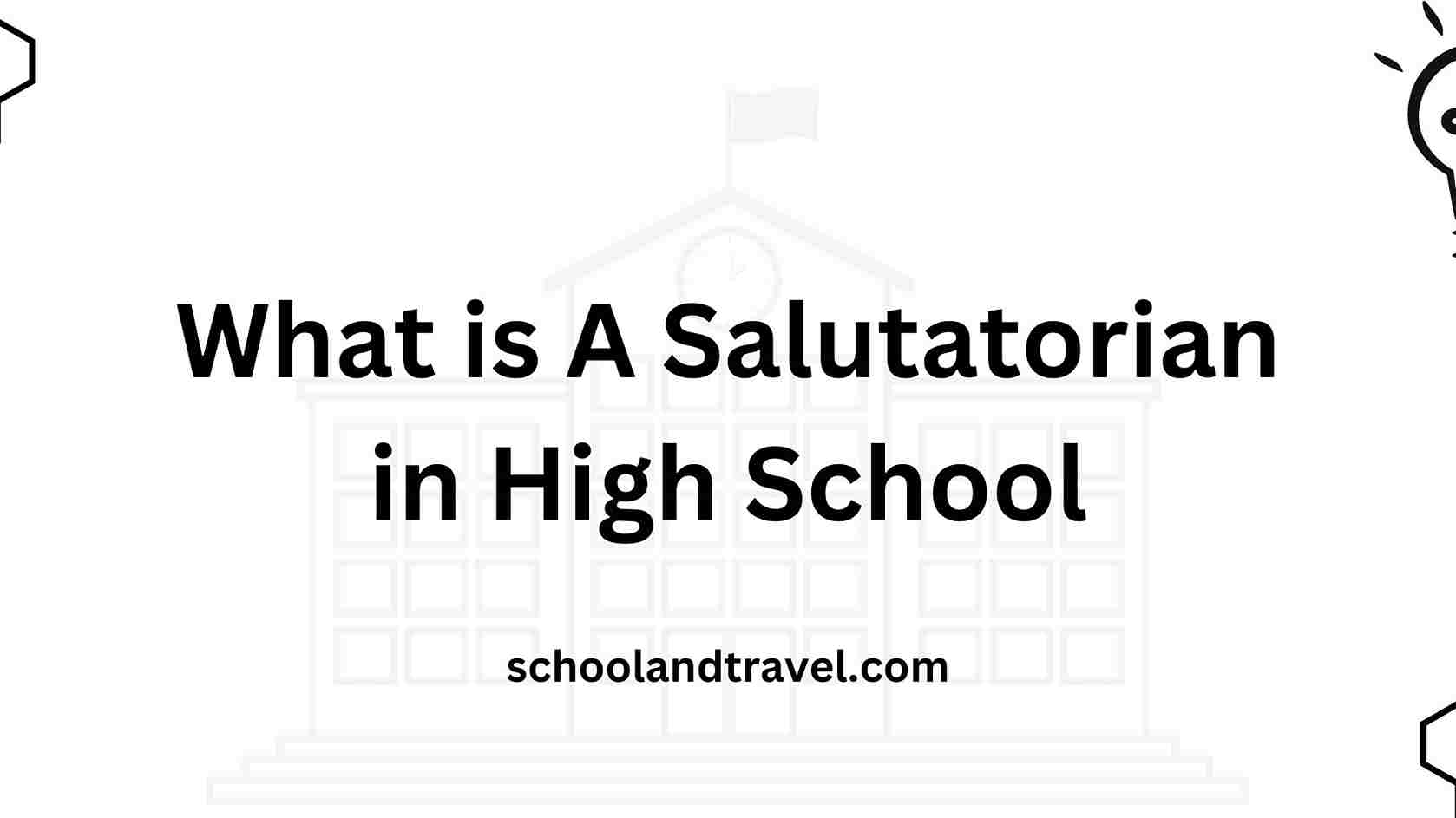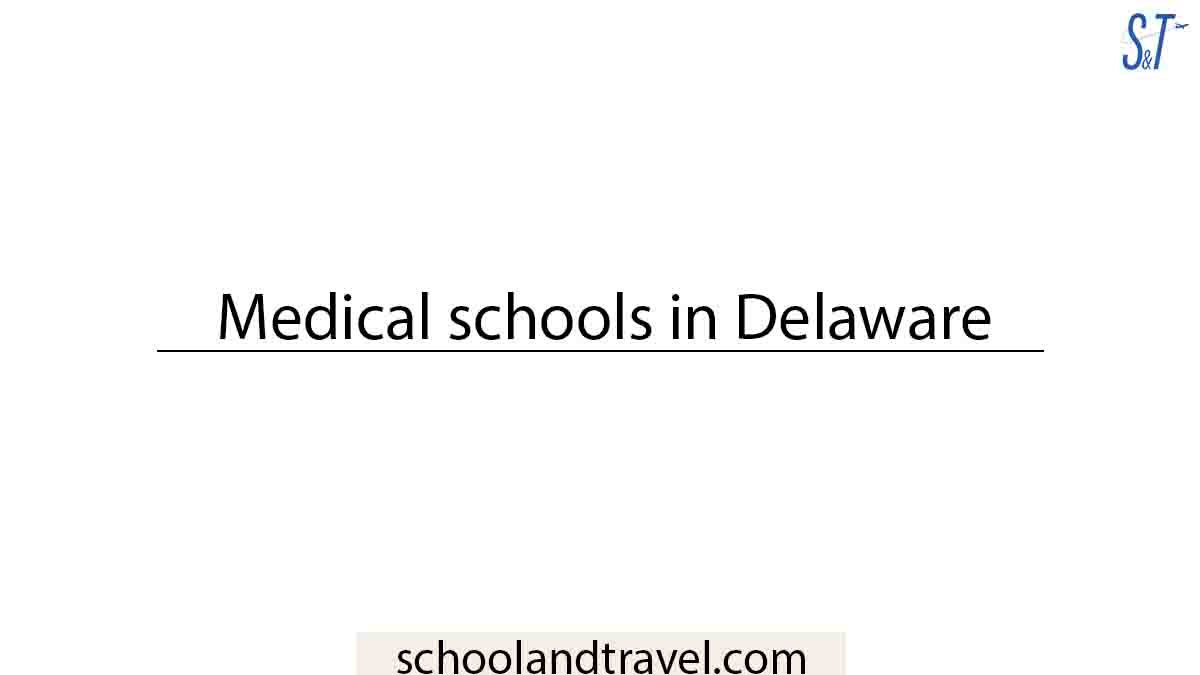Curriculum specialists are people who work in education and make lesson plans that are tailored to each classroom’s needs.
This career is gratifying and comes with lots of monetary and social benefits.
To prepare more effectively for a curriculum specialist interview, it could be helpful to research the types of questions that hiring managers typically ask.
Thus, this post reviews some common interview questions for curriculum specialists and gives examples of how to respond to them.
Who is a Curriculum Specialist?
The role of a curriculum specialist in an educational setting is to create, put into effect, and assess curricula that contribute to achieving stated objectives.
This may involve creating brand-new course materials or recommending, based on thorough analysis, changes to the existing course materials to the administration.
Their responsibilities may also include guiding teachers as they apply the revised curricula.
They are also known as instructional coordinators or instructional specialists.
Common Interview Questions for Curriculum Specialists
If an HR professional wants to know if you’ll suit the organization’s values and workplace environment, they might ask you some broad questions.
By answering these questions, you may learn more about your interpersonal abilities, which might be helpful when working with teachers.
The interview may consist of the following types of questions:
- For what reasons are you interested in working for this school?
- For what reasons did you decide to become a teacher?
- Tell me the mode of expression that you find most useful.
- As an educator, what do you enjoy most about your job?
- What ability are you currently working on enhancing?
- Tell me something you picked up on your journey to become a teacher.
- Could you tell me about your best and worst qualities?
- Could you please explain your qualifications for this role?
- Give an example of a challenge you overcame while working. What was your solution?
- Based on your opinion, which competency do you believe curriculum specialists should possess?
- When it comes to educational research and curriculum advancements, how can you ensure that you stay up-to-date?
Questions Concerning History and Expertise
A hiring manager may inquire about your academic background to better understand your qualifications. They might ask about the following:
- Tell me about your teaching experience.
- May I inquire about the credentials you possess in the area of education?
- Give an example of a success you had while at university.
- Where do you think you shine as a teacher?
- Please describe an instance in which you were required to modify a lesson plan to accommodate the pedagogical preferences of an individual educator.
- Give an account of your most notable achievement while teaching.
- If you had to design a curriculum, what age group would you feel most comfortable with?
- Give details regarding the prior course of study that you created.
- The objectives you have established for the program should be outlined for both the instructors and the students. The question is, how were their objectives realized?
- Have you ever been a member of an educator preparation program?
Comprehensive Questions
Prospective employers will likely probe you extensively to learn more about your background in curriculum development.
Some examples of inquiries that go into great detail are:
- In your opinion, what is one part of the school curriculum that could use some tweaking?
- When working to enhance and design curricula, what do you find to be the most challenging aspects?
- How would you suggest we enhance the curriculum?
- When a teacher challenges your pedagogical approach, how would you respond?
- What kind of assistance do you offer to teachers?
- What is the process for documenting a curriculum?
- Give an instance where you successfully developed a lesson plan in the classroom.
- As a worker, how do you decide which duties are most important?
Interview Questions and Possible Answers
Interview questions and answers for a curriculum expert are as follows:
Question 1:
Discuss a situation where you disagreed with a school official or teacher over course content. What was your solution?
Answer:
This is a great question for hiring managers to see how well you can handle disagreements and how well you can make lessons that meet the needs of students while still following the teaching methods picked by the teachers.
In your response, please explain the background of the conflict and the measures you took to settle it.
Make sure you tell them what you took away from the argument.
“One elementary school teacher disagreed with me on a particular exercise I included in their lesson plan when we were still working on the class’s curriculum. Students were encouraged to play outside to release pent-up energy and get themselves ready for an extended time of indoor work. The teacher believed that if the class played outside, the kids would get distracted and less invested in the next activity. We settled on cutting the outside time from 25 minutes to 15, which made the instructor feel like the kids were more manageable and helped them concentrate on returning to class. The significance of reaching a mutually beneficial agreement that also serves the children’s best interests was driven home to me by this experience”.
Question 2:
Give an example of a long-term objective you included in your most recent course of study.
Answer:
Schools may seek your services as a curriculum specialist if you are qualified to advise pupils on achieving their long-term objectives.
Potential employers may inquire about your background in goal-setting and the development of curricular interventions to help students achieve those goals by asking this question.
Give concrete examples of prior objectives you’ve worked on and, ideally, the results you achieved in your response.
“I used to make four objectives for every four-month lesson plan at my old school. Every month, the pupils were to work toward a new objective. These objectives were monitored through tests, assignments, and homework. Among these objectives were the following: completing five group projects, interacting with students from higher grade levels, getting a perfect score on an exam, and receiving a gold star for an assignment. By the conclusion of each month, an average of 95% of students had accomplished all of their goals”.
Question 3:
Outline the steps you take to enhance a curriculum.
Answer:
Your typical procedure for keeping track of necessary curriculum specifications and developing a curriculum based on a classroom’s instructional objectives can be better understood by answering this question.
In your response, please detail the specific actions you take to evaluate current curricula, pinpoint their weak spots, and create new ones to benefit students.
“To enhance a curriculum, I observe a teacher in action to gauge student engagement. I then request a copy of their current course outline. Based on student participation and class-wide average grades, I pinpoint problem areas while monitoring. Meeting with the instructor is the next step in which I provide feedback and suggestions based on my findings. After our meeting, I tailor lessons to each student’s needs and learning style. After a few months of implementing a new curriculum, I usually take the time to watch each class and make any required revisions based on their reactions to the coursework”.
Question 4:
What are the most essential parts of the curriculum?
Answer:
To assist hiring managers in assessing whether your curriculum style matches their firm, this question enables you to share the characteristics you believe are vital when building a curriculum.
In your response, include two or three crucial aspects of education when crafting a curriculum.
“Curriculum development is an ongoing process for me, and two of the most important components are student involvement and reading. In my opinion, engaged pupils are more likely to recall important information. Activities that help kids become better readers should be a priority because reading is a skill that will serve them well throughout their academic careers”.
Frequently Asked Questions (FAQs) on Curriculum Specialist Interview Questions
Read about different ways of teaching and philosophies to prepare for your interview. Be ready to discuss some examples when you go in for the interview. Feel free to talk about your experience if you have any with educational theory or making lesson plans.
The curriculum outlines the goals of a course of study and the activities students are expected to complete. Textbooks, teacher-created resources, and state and federal standards are all part of it. The curriculum is the body of knowledge on a given subject determined to be necessary.
Curriculum Specialists need strong communication skills to convey lesson plans effectively, course updates, and other curricular information to a wide range of stakeholders, including students of all ages and experience levels.
A competency-based curriculum shifts the emphasis from what students must know to what they can do. A learner-centered curriculum can, in theory, change to meet the demands of today’s schools, students, and community.
Conclusion
This post has done well to provide several curriculum specialist interview questions and answers that would make you the favorite for any position.
Additionally, to do well at the interview, ensure that you study the company well, understand what the job entails, and be there for the interview on time.
Awesome one; I hope this article answers your question.
Editor’s Recommendations:
- 15 Simple Director Of Development Interview Questions (FAQs)
- 15 Simple Literacy Specialist Interview Questions
- 20 Government Jobs That Are Easy To Get (Tips, FAQs)
- 49+ GK Questions and Answers About Tech
- 15 Education Administration Interview Questions With Answers
- 15 Pharmacy Assistant Interview Questions With Possible Answers
If you find this article good, please share it with a friend.




